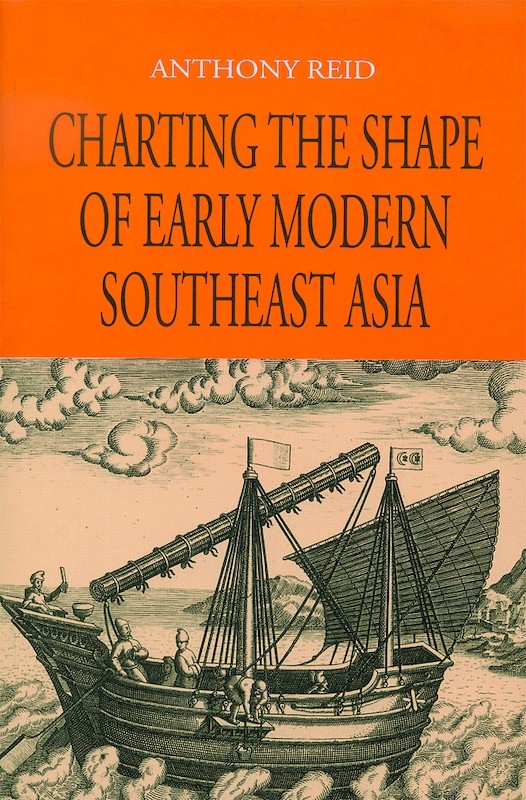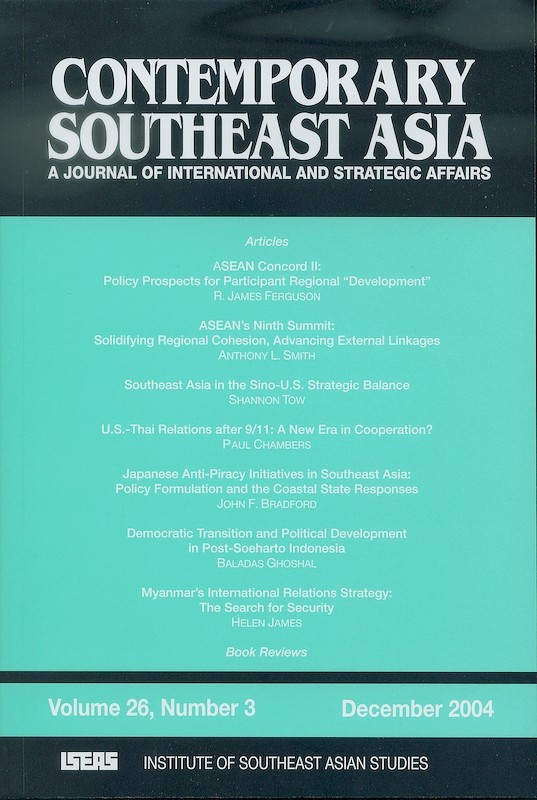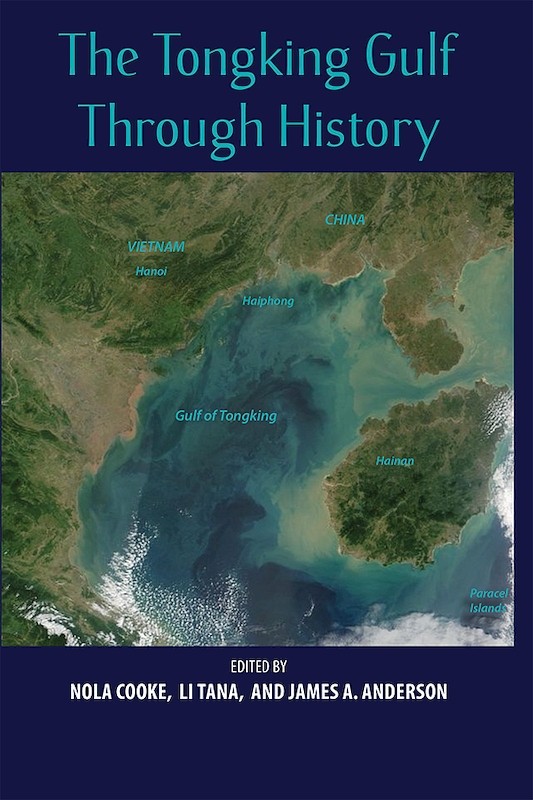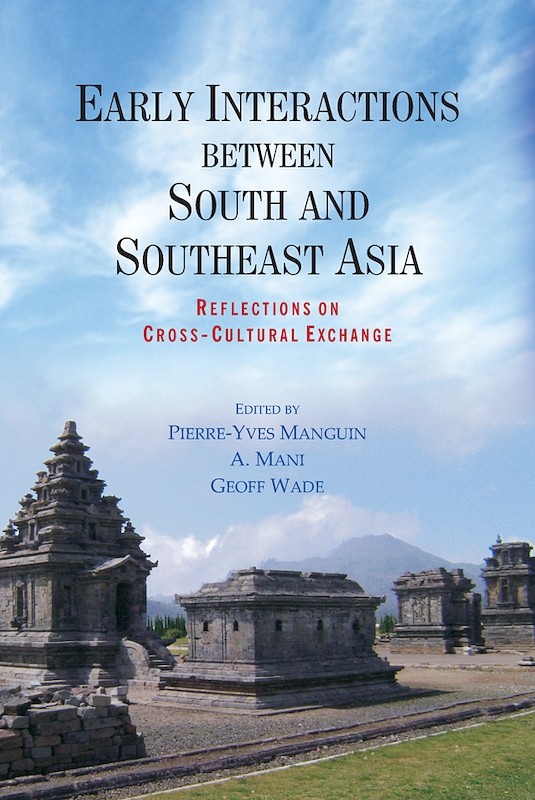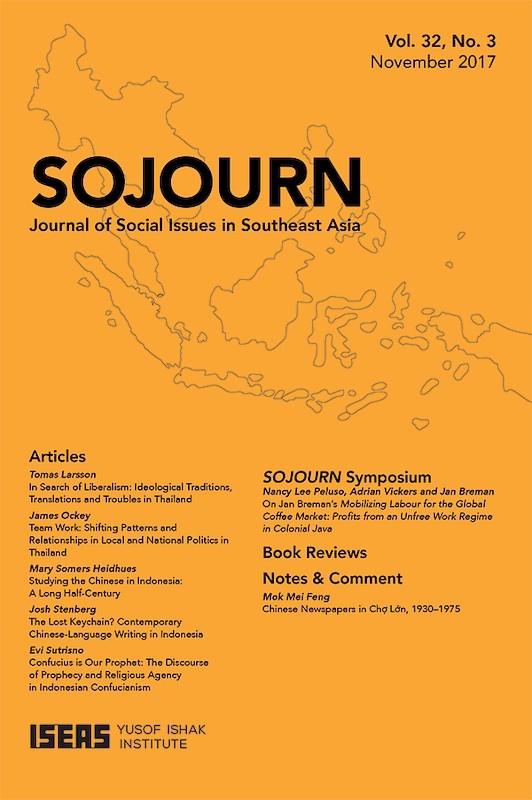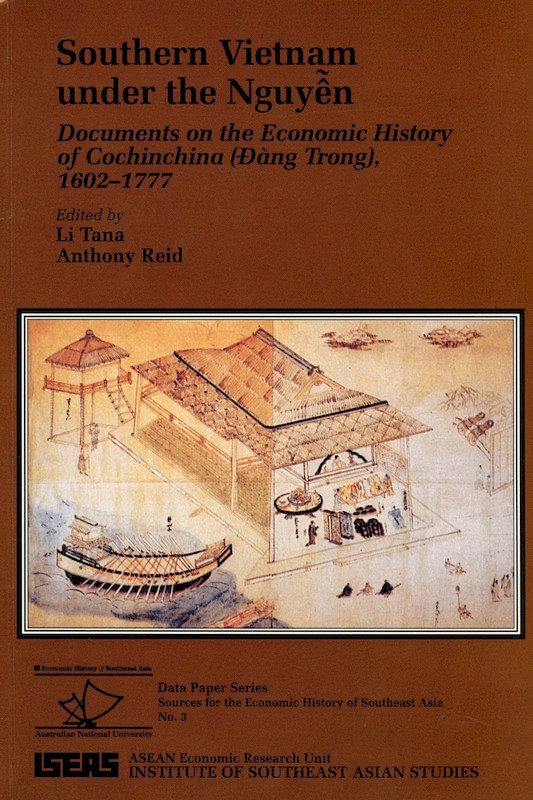Anthony Reid and the Study of the Southeast Asian Past
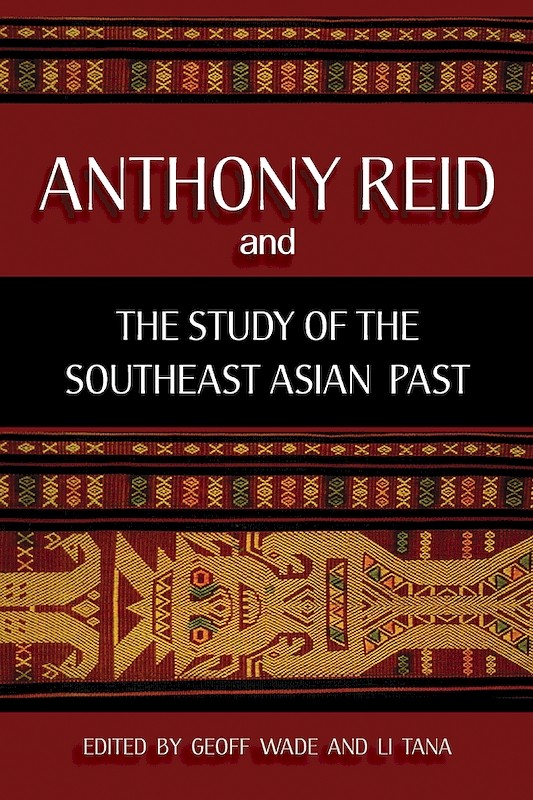
Date of publication:
2012
Publisher:
Institute of Southeast Asian Studies
Number of pages:
401
Code:
BM438
Soft Cover
ISBN: 9789814311960
Reviews
"This book honours Anthony Reid at the occasion of his retirement from the Asian Research Institute in Singapore where he was a founding father. Tony Reid belongs to the great historians of Southeast Asia who did -- and still does -- innovative and stimulating research ranging from the history of seismology in Early Modern History to the histories of revolutions and nationalism. A wonderful academic organizer and institution builder, and an unparalleled networker who demonstrates a deep commitment to numerous places including Aceh, he also has a perfect sense of timing in putting certain topics on the academic agenda. When people with such an impressive track record retire, they certainly deserve a book that does justice to their many-faceted talents. Geoff Wade and Li Tana did their best and succeeded to a large extent. This is a rich book, which also reveals that Tony Reid has no inclination to retire from the field which he helped to shape during a long and impressive career" (Bijdragen tot de Taal-, Land-en Volkenkunde).
"There are 13 articles dedicated to Anthony Reid. I will not comment on all of them. Wang Gungwu, famous for his early 'The Nanhai Trade', has a chatper called 'A Two-Ocean Mediterranean', where he compares first the Mediterranean with vaguely comparable maritime and coastal areas and holds the asymmetric power relations in the Nanhai situation, with powerful China versus less important coastal stretches, not to represent the Mediterranean type but something potentially Mediterranean, for which he coins the (unfortunate) notion of semiterranean, which means 'half-territory'. He switches between pre-Han times and the Cold War to recommend -- in the end -- a strong ASEAN in order to avoid the Southeast Asian nations to be crushed between the (naval) superpowers, pressing hard from the direction of the Indian and the Pacific Ocean. Anthony Reid received a rich Festschrift, containing also 25 pages of his bibliography. The contributions are not only at a high intellectual level; they also mirror the gratitude and affection for the man and the historian, who gave structure and splendor to an understanding of what happened in Southeast Asia. And, in Robert Cribb's words: 'The past ... is a rich resource that holds a promise of what the future can be' (41)" (Anthropros).
"There are 13 articles dedicated to Anthony Reid. I will not comment on all of them. Wang Gungwu, famous for his early 'The Nanhai Trade', has a chatper called 'A Two-Ocean Mediterranean', where he compares first the Mediterranean with vaguely comparable maritime and coastal areas and holds the asymmetric power relations in the Nanhai situation, with powerful China versus less important coastal stretches, not to represent the Mediterranean type but something potentially Mediterranean, for which he coins the (unfortunate) notion of semiterranean, which means 'half-territory'. He switches between pre-Han times and the Cold War to recommend -- in the end -- a strong ASEAN in order to avoid the Southeast Asian nations to be crushed between the (naval) superpowers, pressing hard from the direction of the Indian and the Pacific Ocean. Anthony Reid received a rich Festschrift, containing also 25 pages of his bibliography. The contributions are not only at a high intellectual level; they also mirror the gratitude and affection for the man and the historian, who gave structure and splendor to an understanding of what happened in Southeast Asia. And, in Robert Cribb's words: 'The past ... is a rich resource that holds a promise of what the future can be' (41)" (Anthropros).
About the publication
To celebrate Anthony Reid’s numerous and seminal contributions to the field of Southeast Asian history, a group of his colleagues and students has contributed essays for this Festschrift. In addition to introductory essays which provide personal and intellectual histories of Anthony Reid the man, there is a range of original scholarly contributions addressing historical issues which Reid has researched during his career. Divided into sections which examine Southeast Asia in the world, early modern Southeast Asia, and modern Southeast Asia, these works engage with issues ranging from the Age of Commerce and comparative Eurasian history, to nationalism, ethnic hybridity, Islam, technological change, and the Chinese and Arabs in Southeast Asia. The authors include some of the foremost historians of Southeast Asia in our generation.
Contents
-
Anthony Reid and the Study of the Southeast Asian Past
[Whole Publication, ISBN: 9789814311977] -
Preliminary pages
- PART I: INTRODUCTION
-
1. Anthony Reid: Through Time and Space, by Geoff Wade, Li Tana, authors
- PART II: THE SCHOLARSHIP OF ANTHONY REID
-
2. The Past as Threat, the Past as Promise: The Historical Writing of Anthony Reid, by Robert Cribb , author
- PART III: SOUTHEAST ASIA IN THE WORLD
-
3. Southeast Asia and Eurasia during a Thousand Years, by Victor Lieberman , author
-
4. A Two-Ocean Mediterranean, by Wang Gungwu, author
-
5. The Concepts of Space and Time in the Southeast Asian Archipelago (translated by Helen Reid), by Denys Lombard , Helen Reid, authors
-
6. Dominion over Palm and Pine: Early Indonesia's Maritime Reach, by Ann Kumar, author
- PART IV: EARLY MODERN SOUTHEAST ASIA
-
7. Southeast Asian Islam and Southern China in the Fourteenth Century, by Geoff Wade, author
-
8. Lancaran, Ghurab and Ghali: Mediterranean Impact on War Vessels in Early Modern Southeast Asia, by Pierre-Yves Manguin , author
-
9. Weather, History and Empire: The Typhoon Factor and the Manila Galleon Trade, 15651815, by James Francis Warren , author
-
10. Interracial Marriages and the Overseas Family: The Case of the Portuguese Topasses in Timor, by Barbara Watson Andaya, Leonard Y. Andaya, authors
-
11. A Note on the Cham Diaspora in the Ayutthayan Kingdom, by Ishii Yoneo , author
-
12. Tongking in the Age of Commerce, by Li Tana, author
- PART V: MODERN SOUTHEAST ASIA
-
13. Hadhrami Projections of Southeast Asian Identity, by Jeyamalar Kathirithamby-Wells , author
-
14. Absent at the Creation: Islamism's Belated, Troubled Engagement with Early Indonesian Nationalism, by Robert Elson , author
-
15. Chinese Shrines Contested: Power and Politics in Chinese Communities in Bangkok in the Early Twentieth Century, by Koizumi Junko , author
- APPENDIX
-
16. Anthony Reid: A Bibliography
-
Index
-
Photo plates

